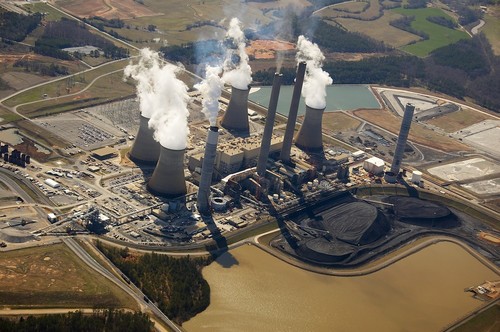Received yesterday on WCTV on biomass site VLCIA v. Sterling Planet. -jsq
Wiregrass Activists for Clean Energy (WACE) have made it clear from
the start that biomass plants have a number of issues: 1) biomass plants bear significant health risks; 2) biomass plants waste enormous amounts of water; 3) biomass plants are risky investments in an increasingly competitive energy sector; and 4) biomass plants contribute to global warming.
In the light of rising global temperatures, worsening drought conditions, and dropping prices for solar panels, an increasing number of people are understanding these simple truths.
The Industrial Authority has to be congratulated for the courage to admit that energy from biomass plants is indeed more expensive than energy from solar plants, and we have not even figured in the costs associated with the consequences of air pollution coming from biomass plants.
(For more information on biomass plants, here a testimony I recently gave: http://www.bredl.org/pdf3/120828_WACE-Comments-Docket_NO-E-100_SUB113.pdf)
Although this point has already been made earlier, note again that solar plants are much better alternatives, economically and environmentally: they do not pollute our air, they do not need any water, and a huge spill of solar energy is simply called a sunny day … of which we have plenty here in the south.
-Michael G. Noll
-jsq















 for
for 







